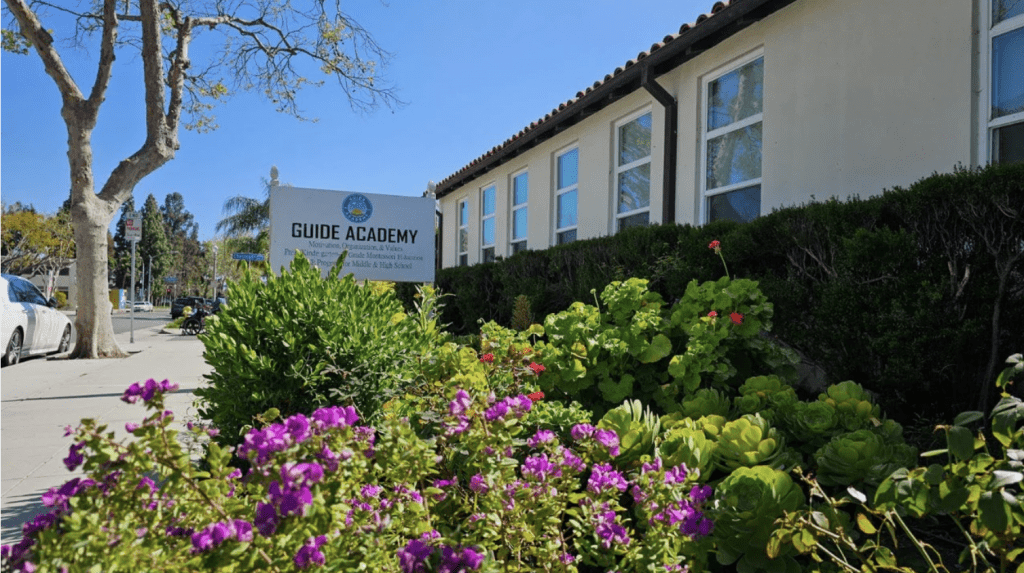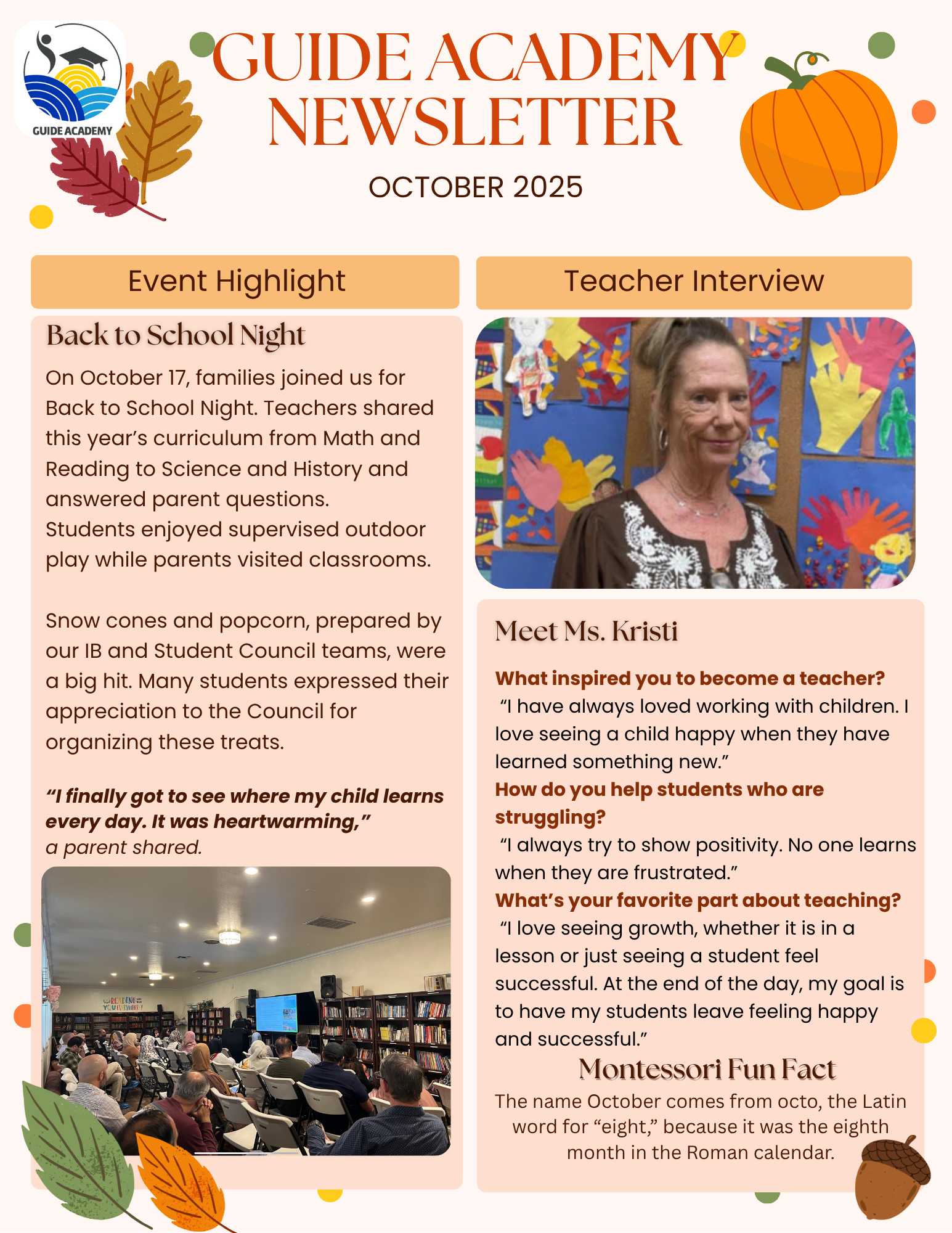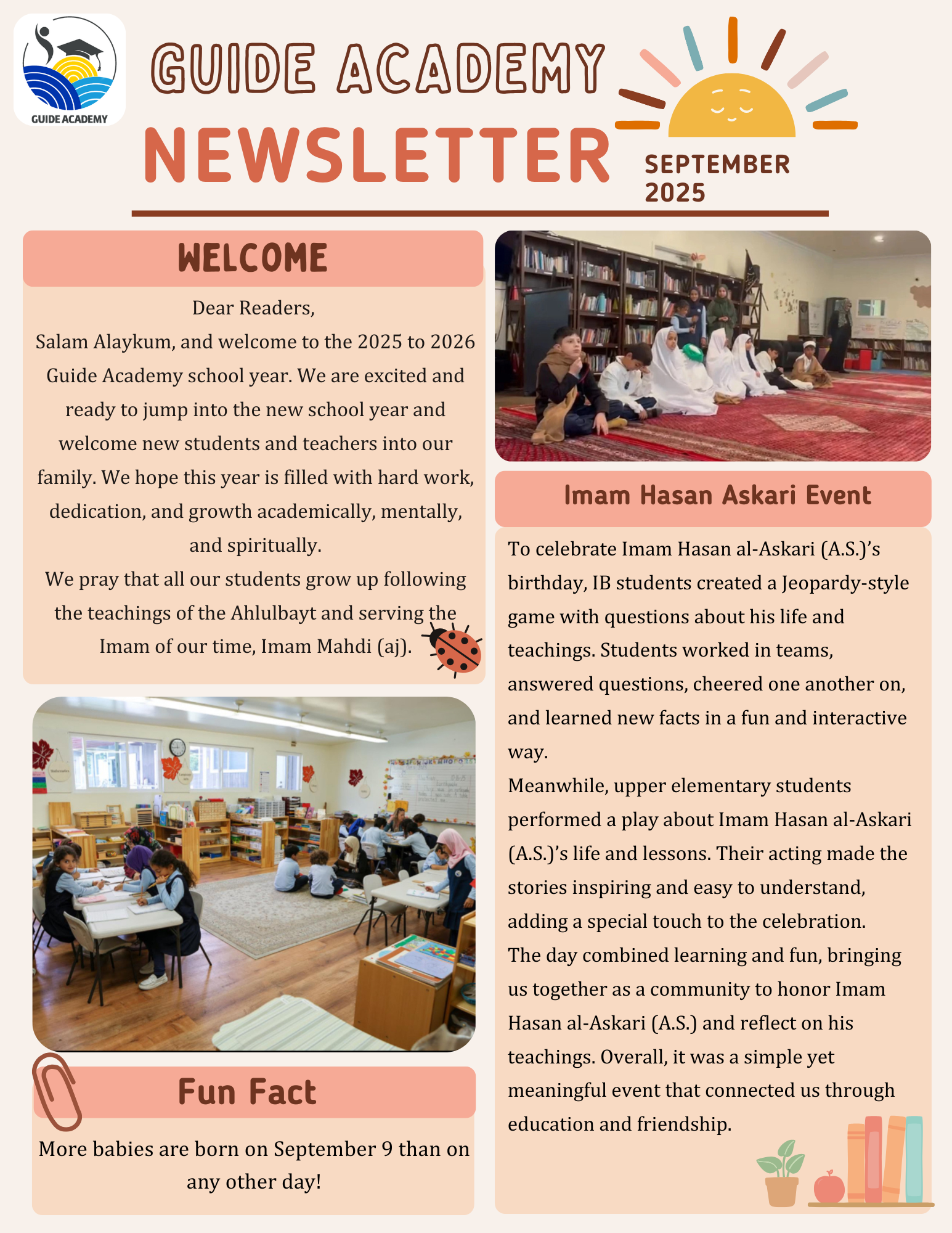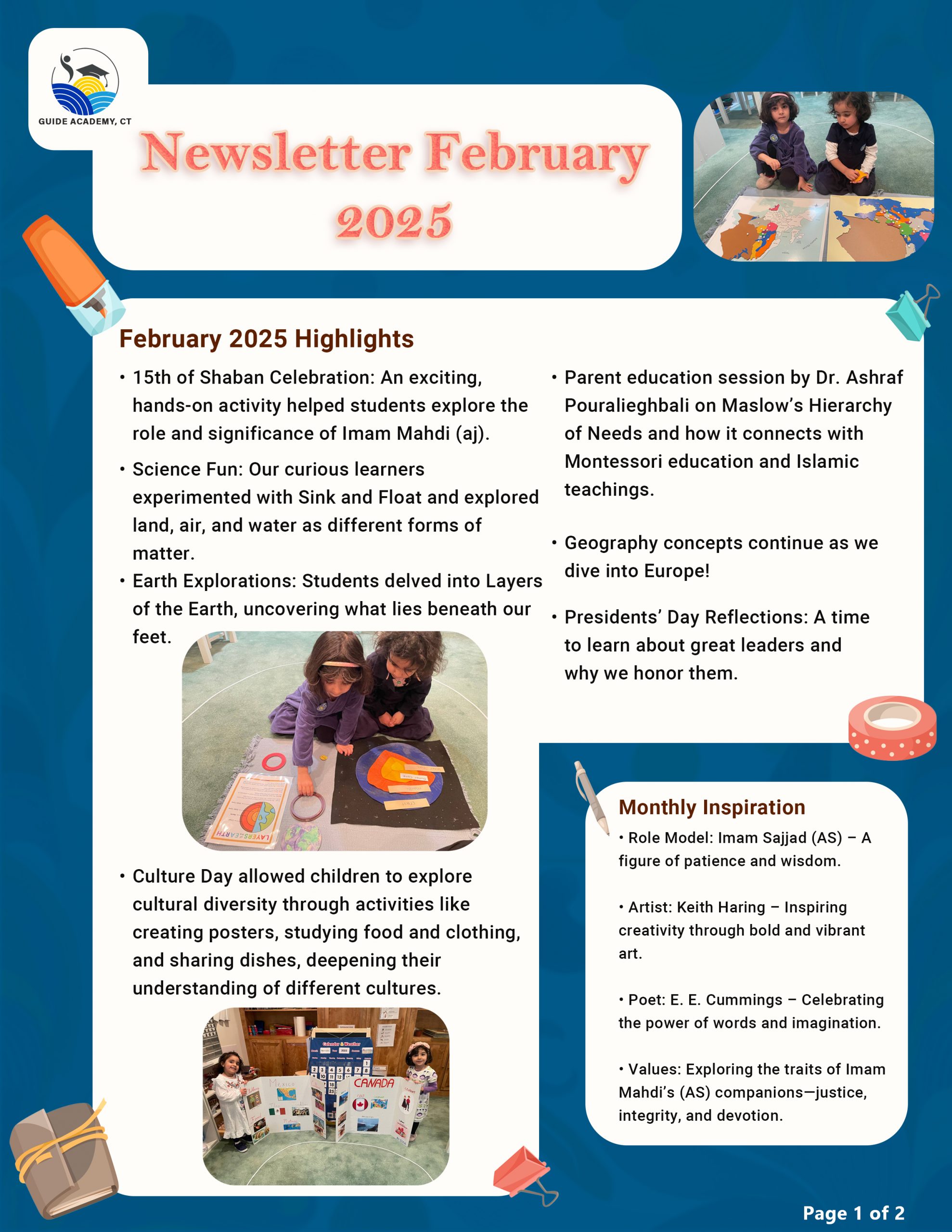Learn Why
Montessori’s Holistic Approach to Education
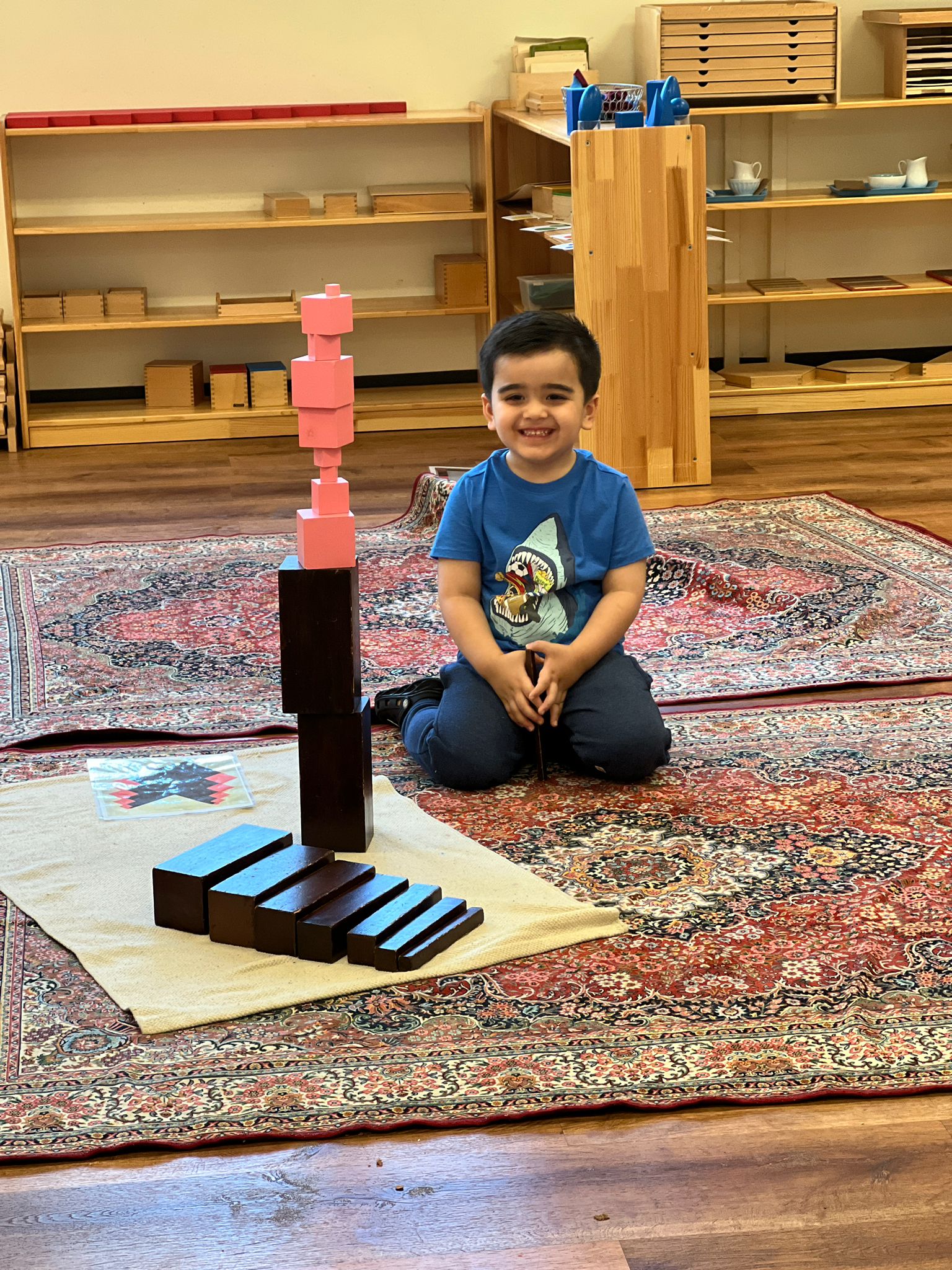
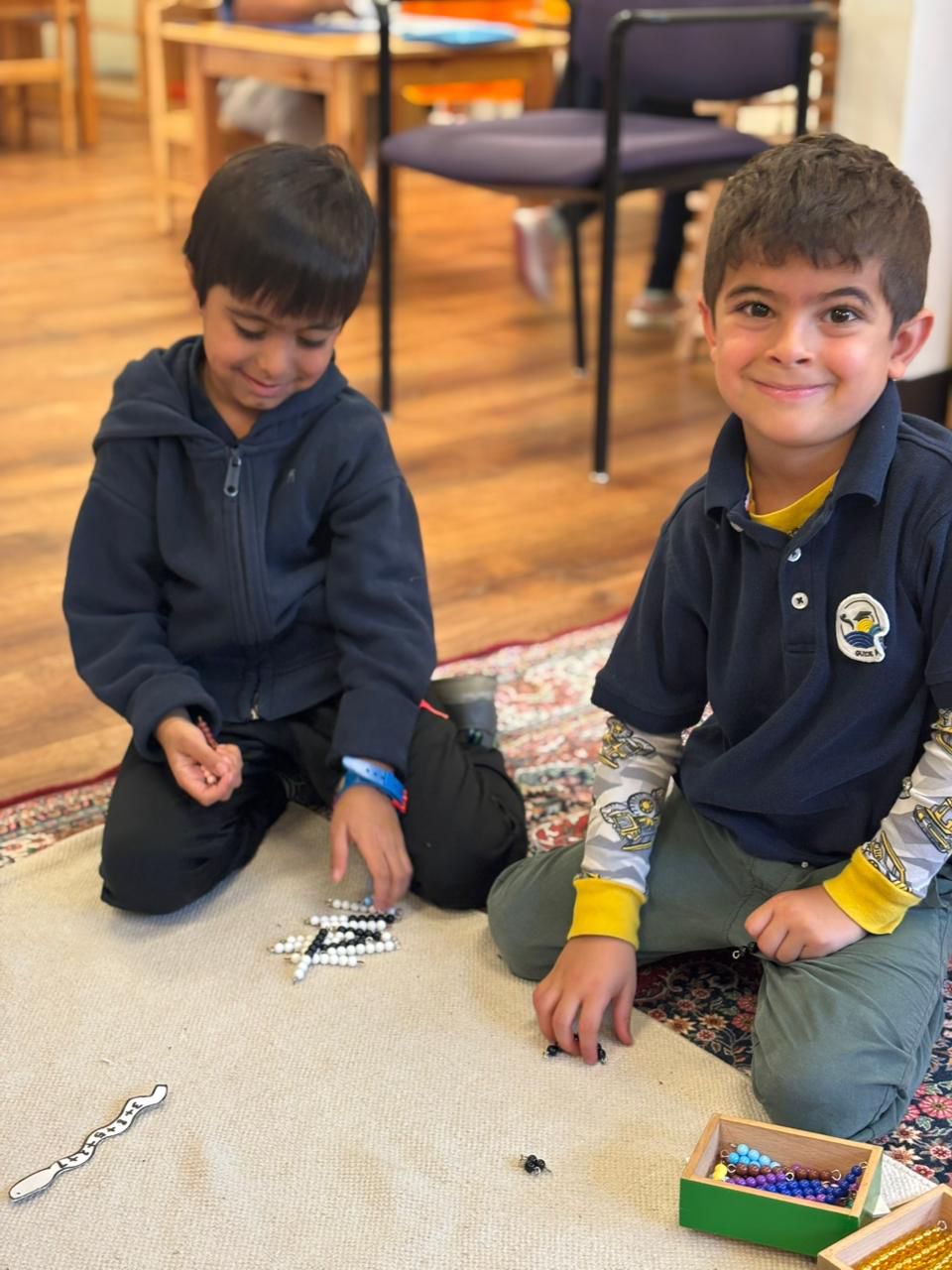
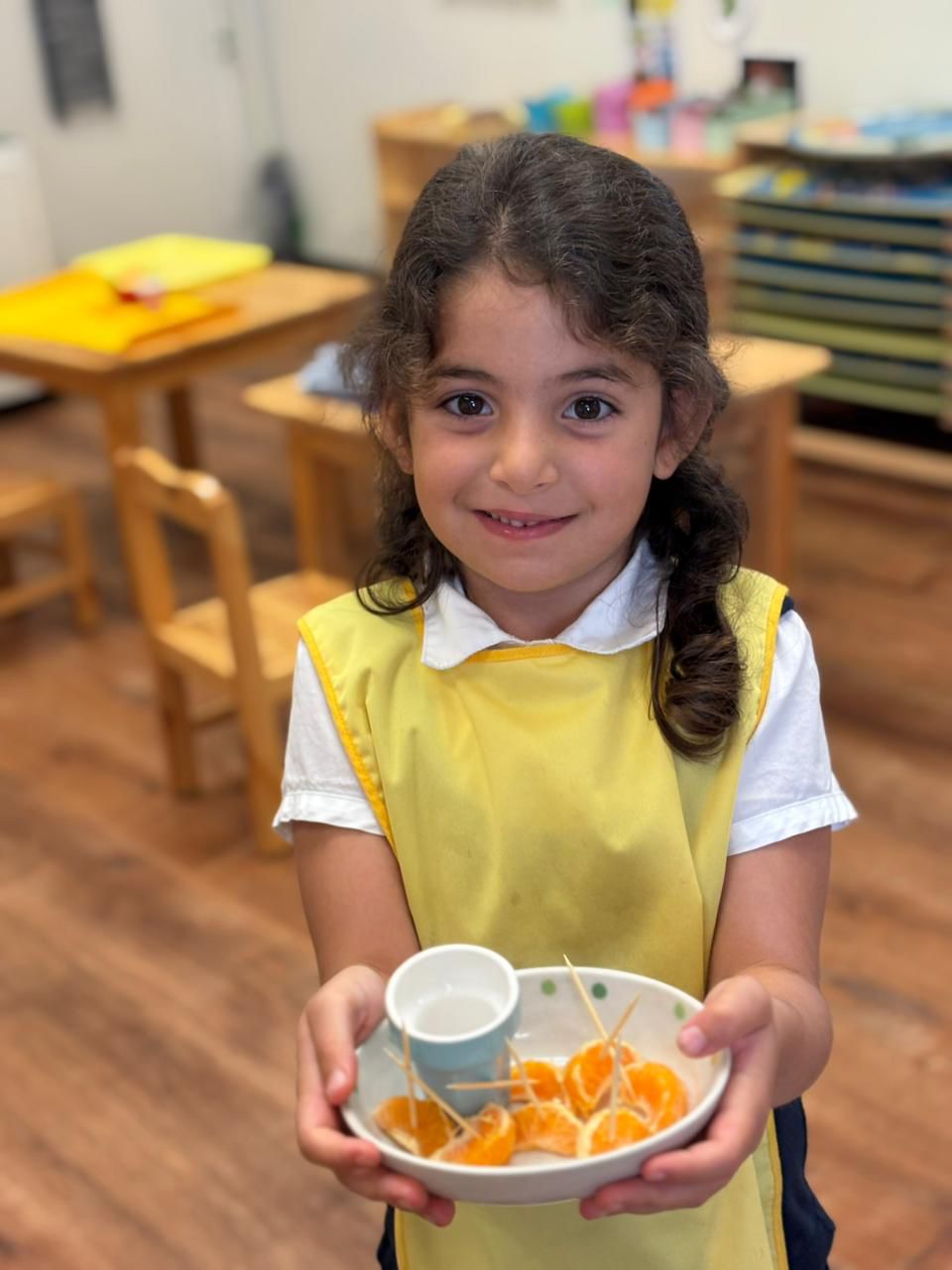
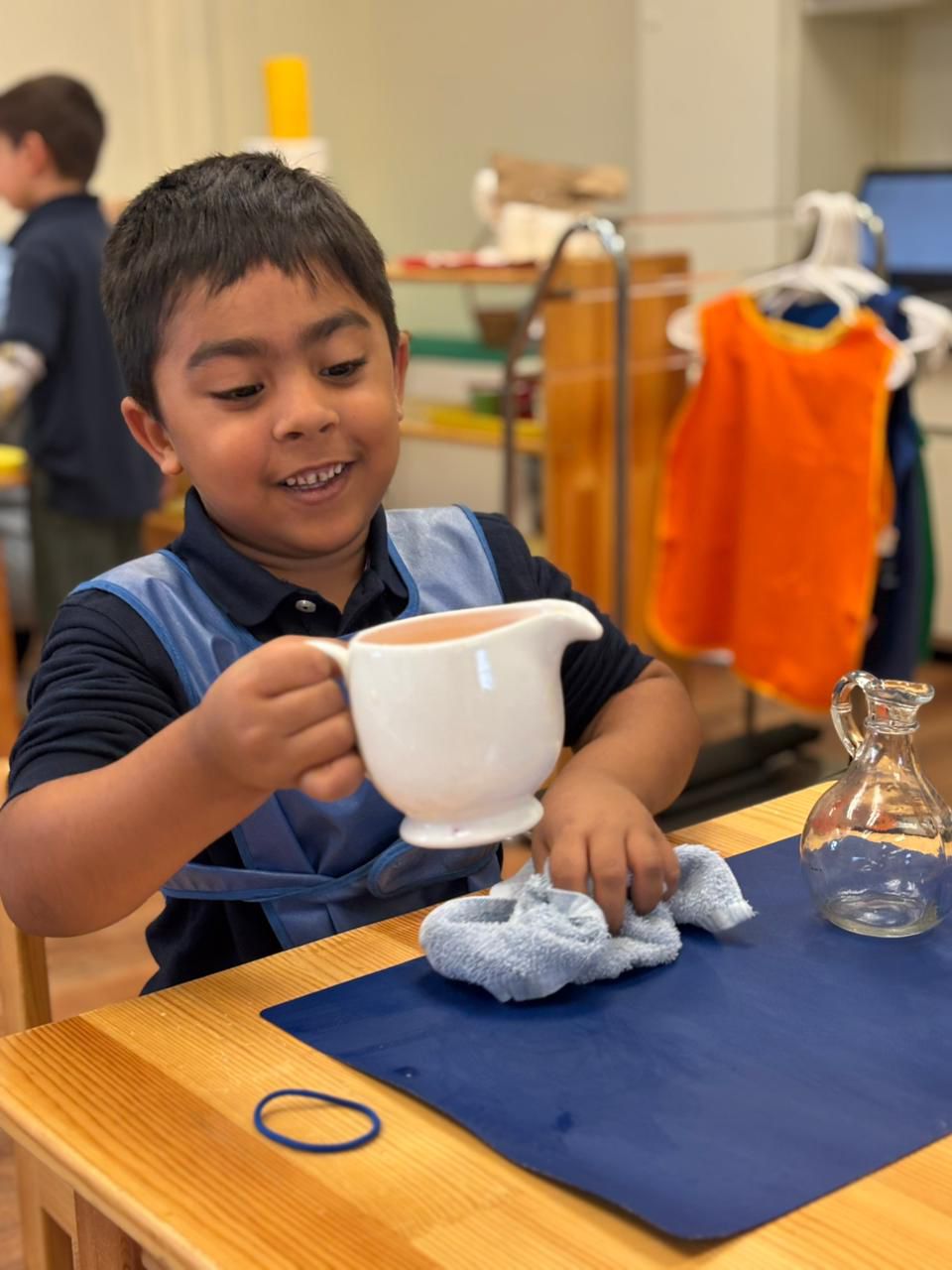
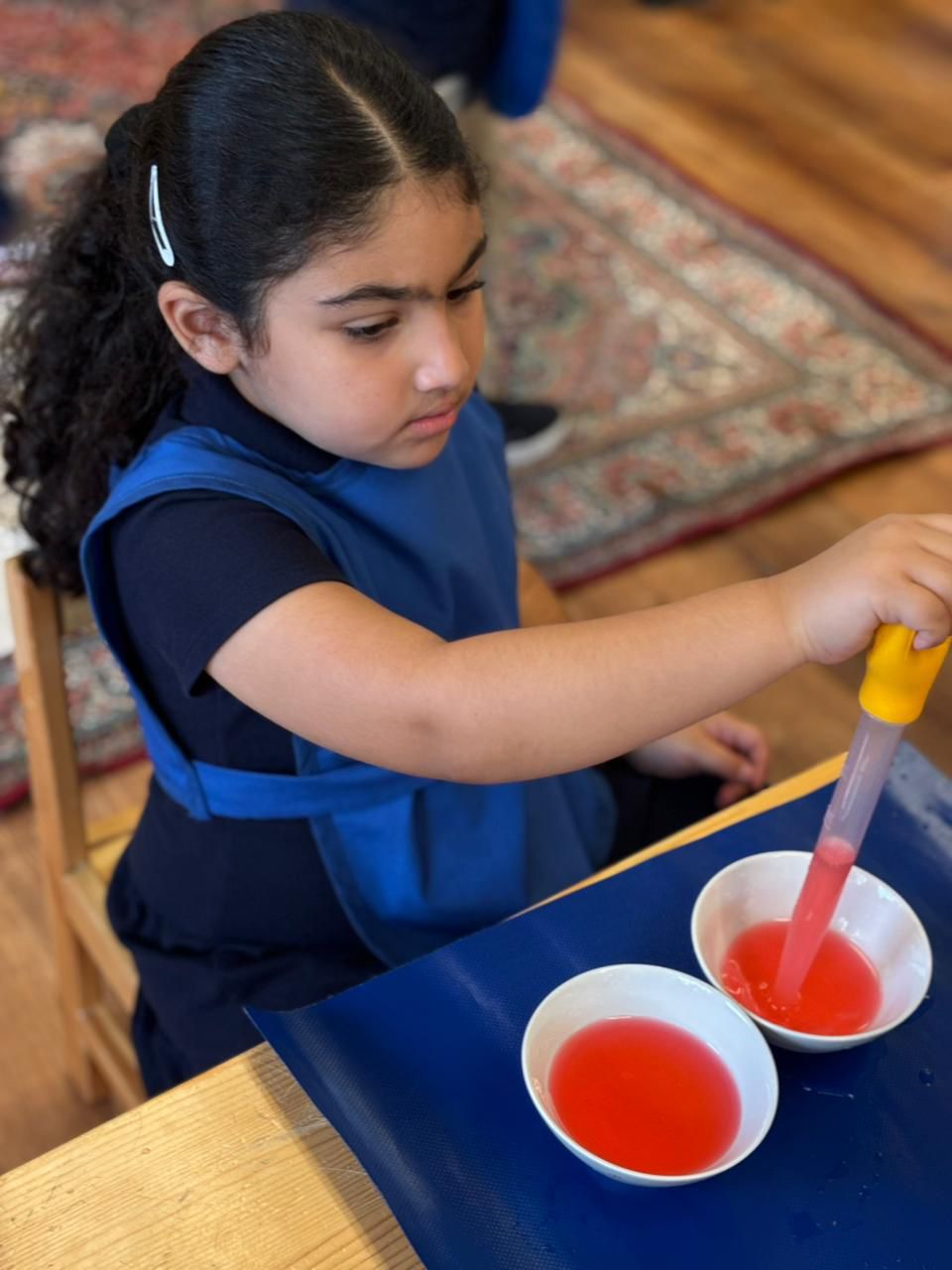
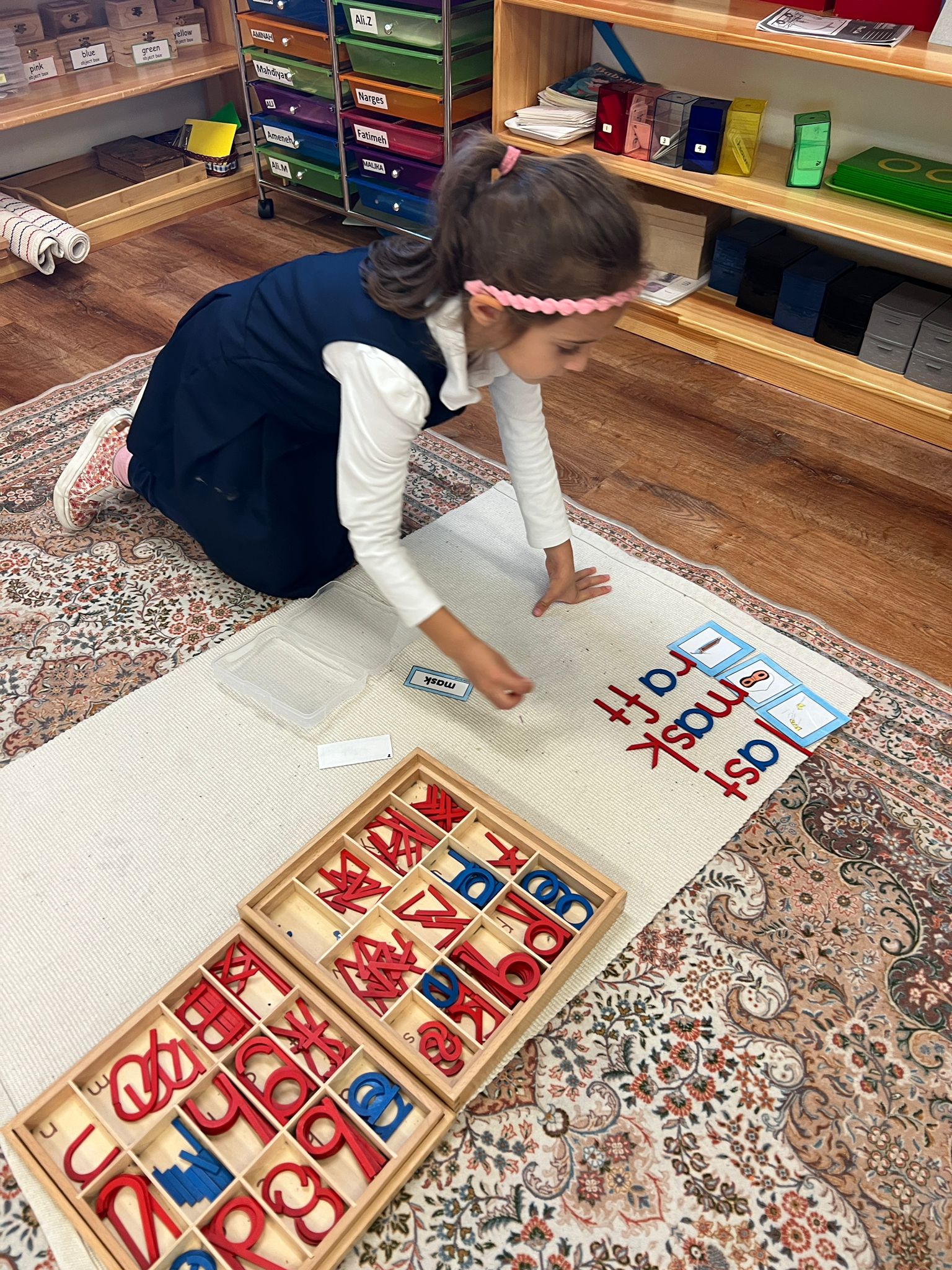
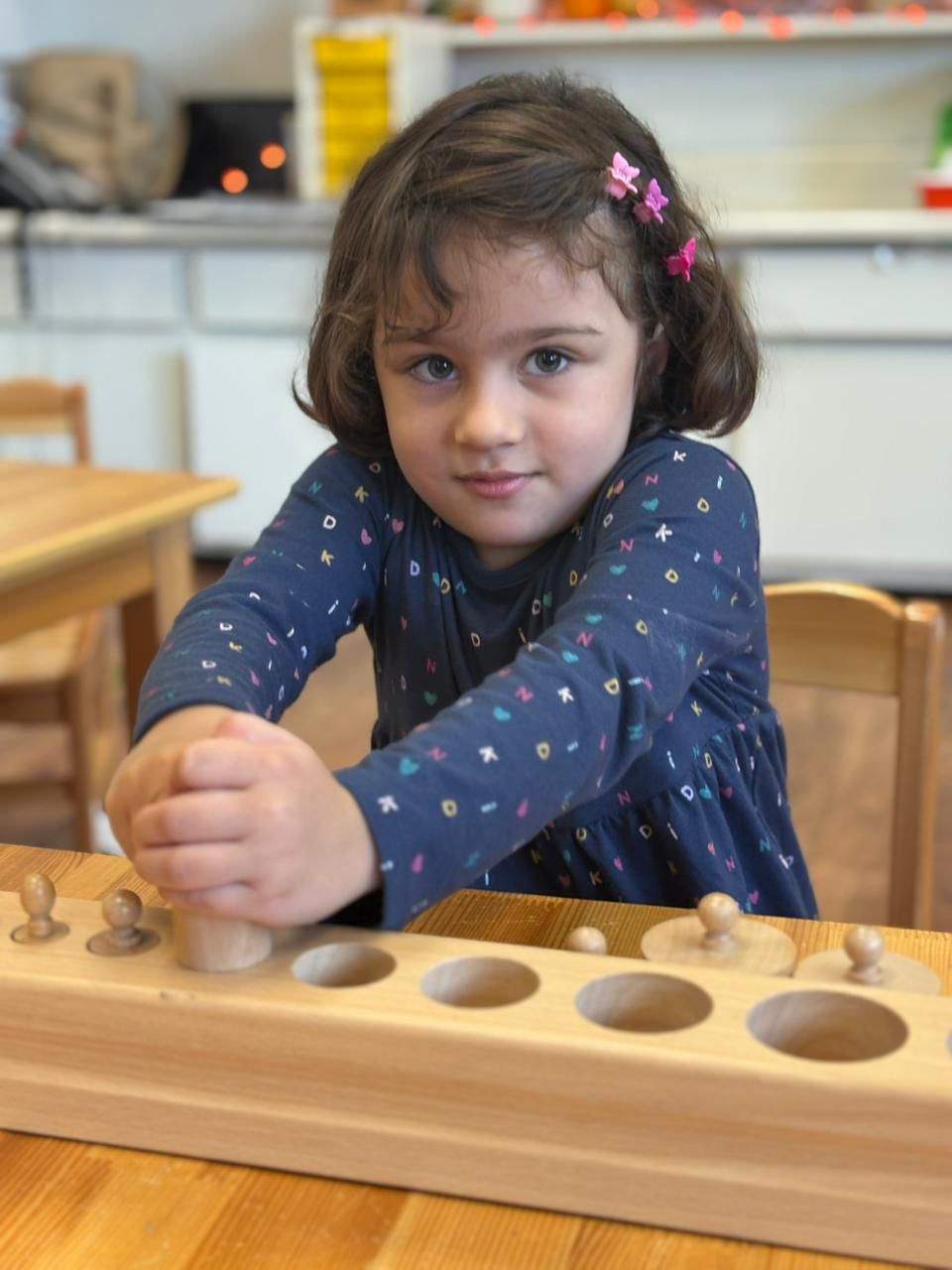
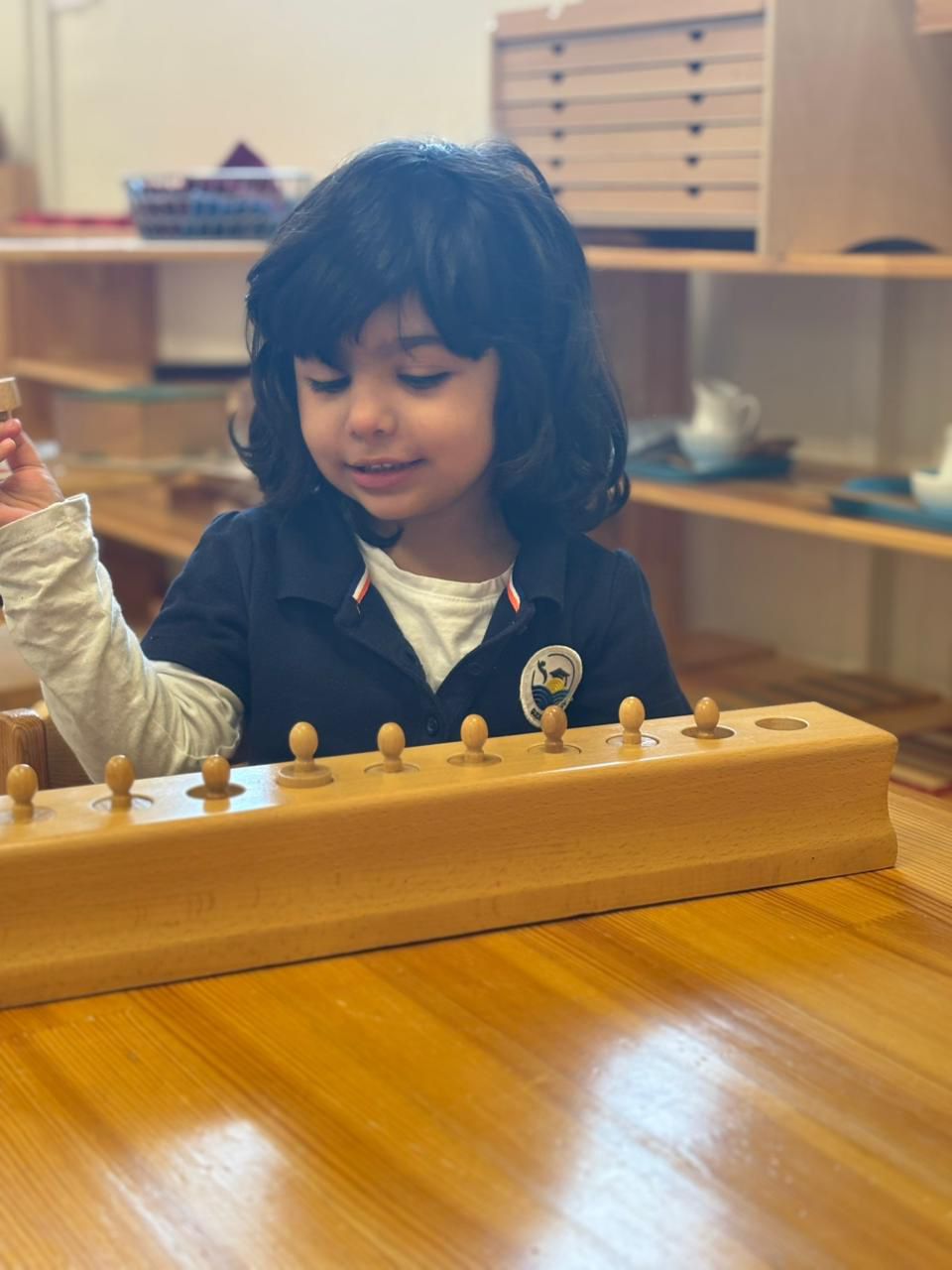
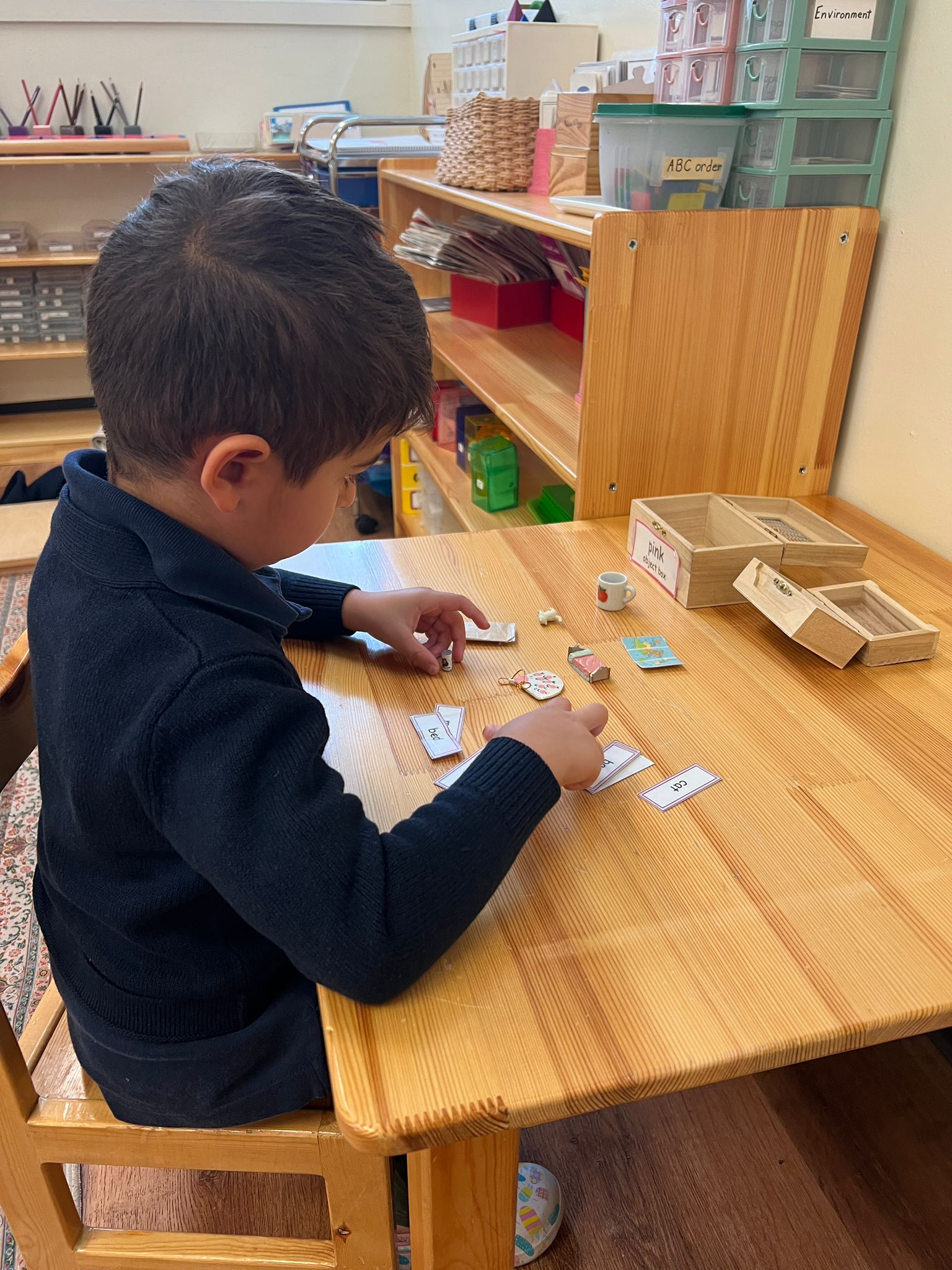
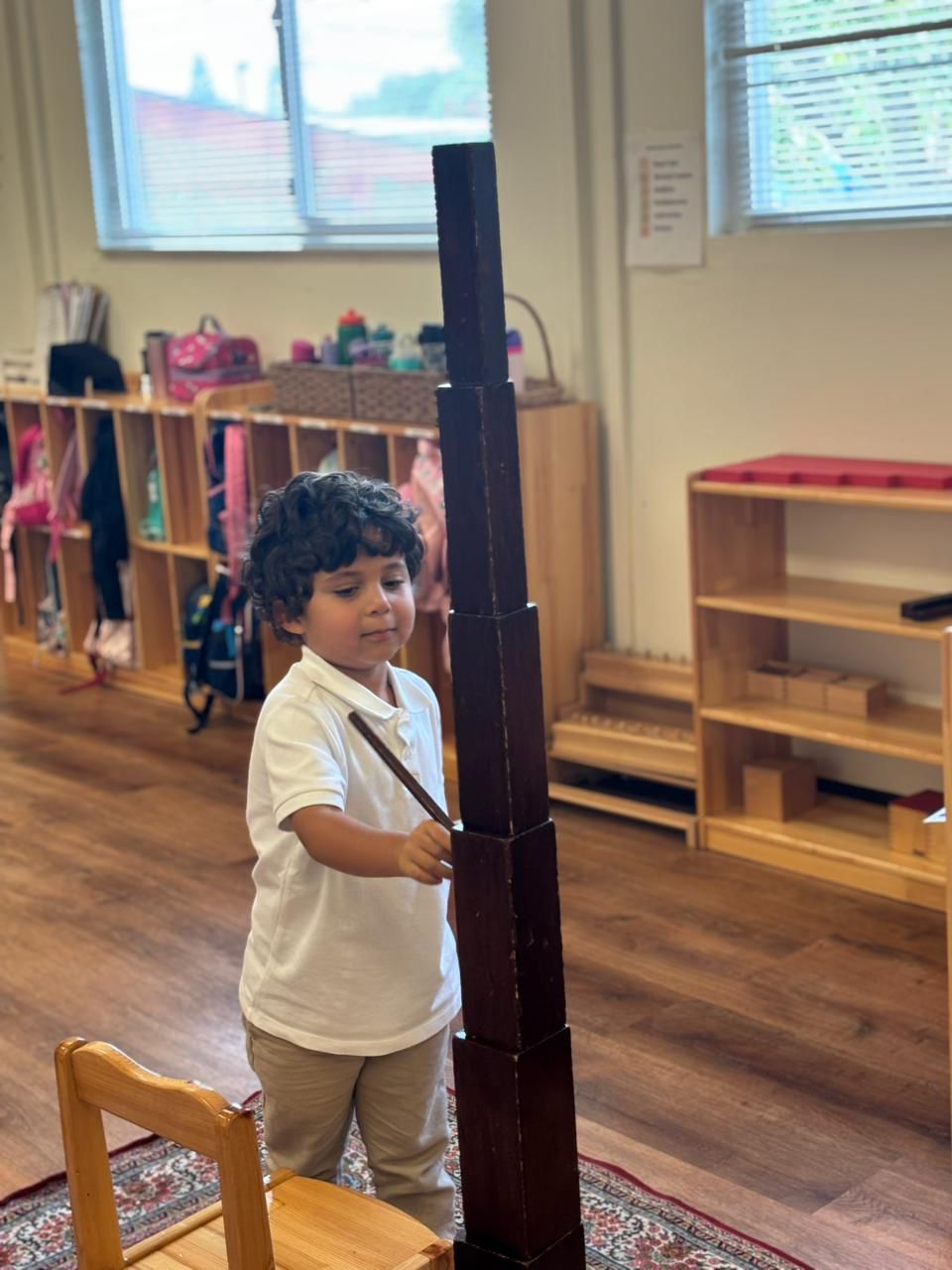
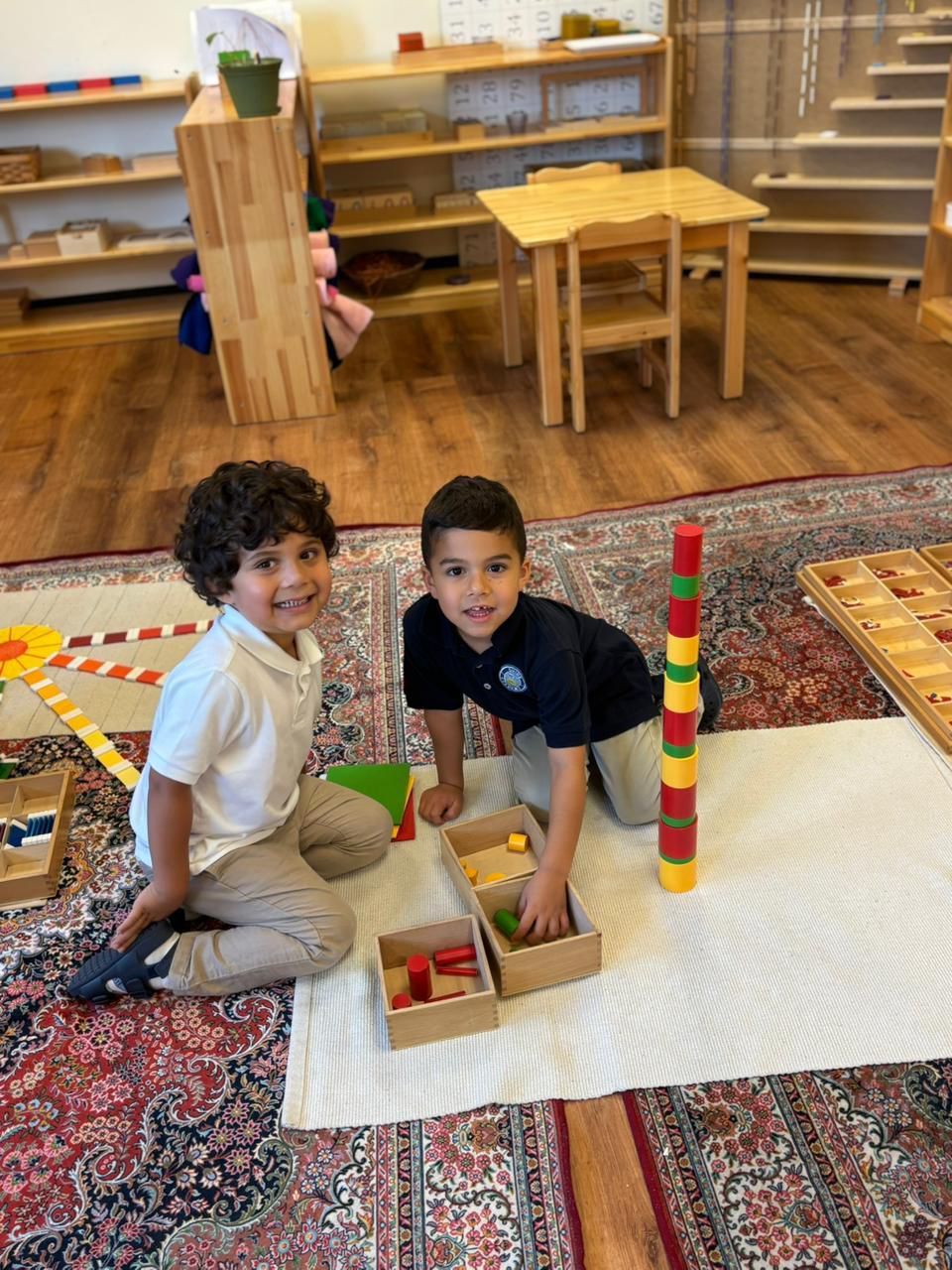
In this blog post, you’re going to learn insights into the holistic approach, Montessori education, and how these two are connected.
Introduction
Children thrive when they grow in a supportive educational environment that emphasizes social and emotional learning alongside academics. In such an environment, students develop self-awareness, confidence, and a sense of social responsibility through community connections. The Montessori Method also follows a child-centered approach, providing a carefully prepared environment that encourages exploration and helps children focus while enjoying their work. It supports both the academic and non-academic needs of the child.
By reading this article, you will learn how the Montessori approach focuses on holistic schooling.
1. What is Holistic Education?
Holistic education emphasizes experiential learning and prioritizes the relationships that students form within the educational environment. Teachers provide individualized opportunities that are tailored to a child’s skills, guiding them in a safe and supportive space. This allows students to learn at their own pace and in their own style. In this approach, the emphasis is on creating positive school environments that meet the whole-child needs — both academic and non-academic.
2. Why is Holistic Education Important for Children in the Early Years?
Compared to traditional teaching methods, the holistic approach offers an alternative that integrates learning across subjects while supporting emotional and social growth. One of the key advantages is that it helps develop five essential skills for a child’s positive development: cognitive, language, social, emotional, and physical skills.
With the rapid pace of technological change, education must be adaptive. From an early age, children are exposed to sports, activities, and digital tools that enhance learning. Parents today are eager to see their children engage in all facets of learning, and employers increasingly look for candidates with holistic development. This makes a well-rounded, holistic education especially critical.
3. What is a Montessori Education?
The Montessori Method is grounded in a holistic approach to education. It has been widely accepted around the world and is highly regarded for early childhood development. Montessori emphasizes freedom within limits, independence, and care for the child’s development. It meets physical, social, emotional, and cognitive needs in developmentally appropriate ways. At its core, Montessori education is about respecting the child, making it a natural partner to holistic education.
4. How Does Montessori Education Reflect the Holistic Approach?
The Montessori approach emphasizes holistic development by nurturing multiple dimensions of a child’s life: physical, emotional, creative, social, and academic. It encourages children to use academic learning as a tool for social and emotional growth, while also prioritizing individuality and independence.
In Montessori education, every child passes through developmental stages. The first stage, from birth to age six, is when children are most eager and able to learn. This is where holistic education plays its greatest role, supporting the child’s natural curiosity and growth in every area of life. Montessori education embodies the holistic approach by creating environments that allow children to develop in balanced, natural, and meaningful ways.
QUICK LINK
Discover what makes Guide Academy unique
Schedule a Tour
Our Montessori and IB programs are rooted in academic excellence and spiritual development, creating a learning environment where students thrive. Come tour our campus, meet our passionate educators, and experience a school community dedicated to nurturing future leaders.
